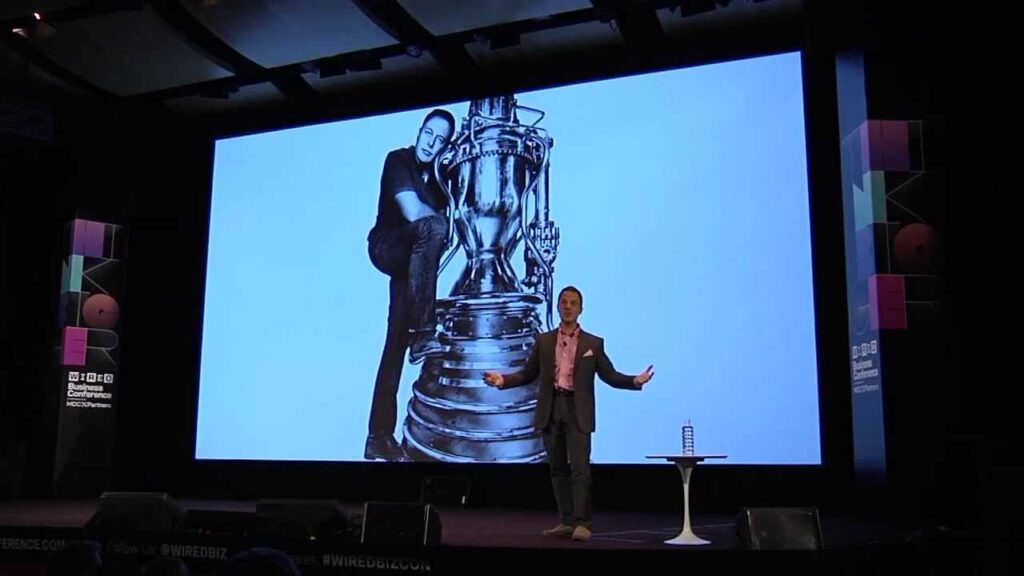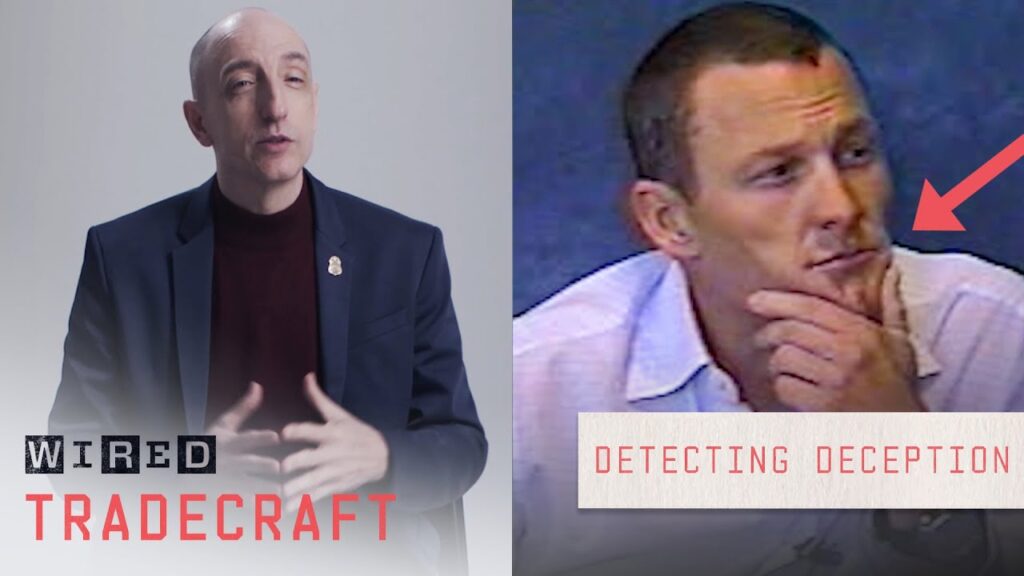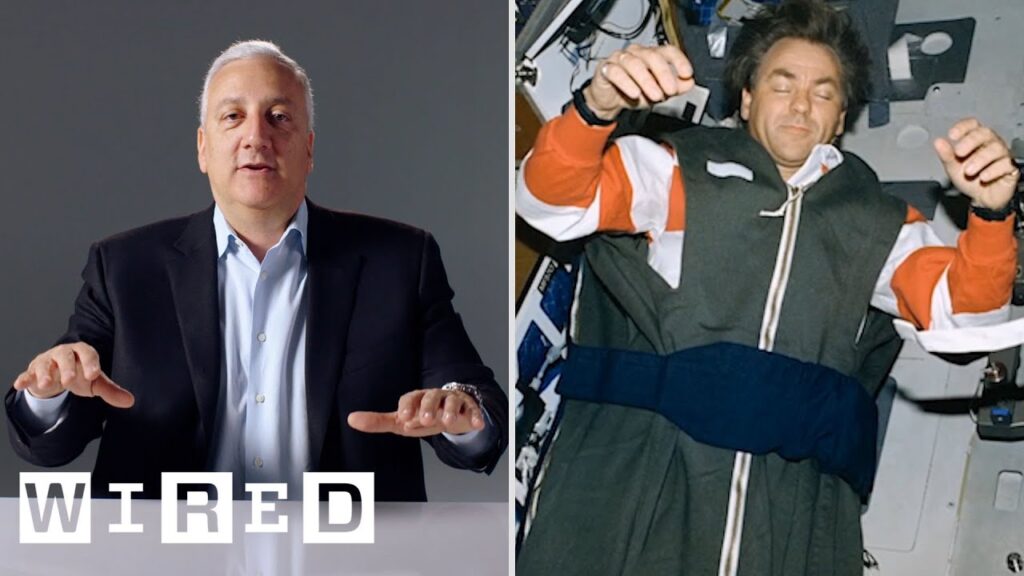Are We Living in a Simulation? Insights from The Matrix and Nick Bostrom
Summary
The recent release of a new Matrix movie raises the question of the simulation hypothesis once again. The simulation hypothesis states that we might be living in a simulated world generated by advanced computers as technology progresses. Professor Nick Bostrom’s groundbreaking simulation argument addresses this hypothesis and presents three possible scenarios. In this article, we explore the simulation hypothesis and Bostrom’s argument while drawing insights from The Matrix. We also discuss the importance of learning the truth about our reality, the role of superintelligence, and the risks associated with the development of artificial intelligence.
Table of Contents:
- Is the simulation hypothesis sound?
- How would the simulation work?
- Who created our simulation?
- Why would a future civilization create these worlds?
- Why is it important to know the truth?
- Red Pill or Blue Pill: Which would Professor Bostrom choose?
- Should we give up on developing superintelligence?
Is the simulation hypothesis sound?
The simulation hypothesis posits that we might be living in a simulated world generated by advanced computers. Professor Nick Bostrom’s simulation argument makes the case that as computing power and progress in artificial intelligence grow, one of the three following statements must be true. Firstly, humans will go extinct before we enter a post-human phase. Secondly, we’ll be so evolved that we won’t be interested in running these types of simulation. Lastly, it’s the simulation hypothesis that we are living in a computer simulation. While Bostrom’s argument does not resolve the issue, it presents a compelling theoretical framework that could be quite a revelation about our reality’s larger structure.
How would the simulation work?
Suppose the simulation hypothesis is true. In that case, it implies that our brains would be part of the simulation, and we would be conscious in our brains. The simulation would be sufficiently detailed, simulating at the same level that biological neurons do. Using this premise, we conceive of substrate independence, the idea that consciousness can be implemented not only on biological substrates but on computational substrate as well.
Who created our simulation?
If we are living in a simulation, then it is believed that the simulation was created by some form of superintelligence rather than human intelligence. The technology to create such realistic and conscious simulations requires a kind of advanced technology that only civilizations with greater forms of intelligence could develop. Therefore, simulators would most likely be superintelligent.
Why would a future civilization create these worlds?
Suppose we were capable of creating simulations. In that case, we might create many different kinds of simulations, including simulations of our past or other alien civilizations to understand how they would behave. Additionally, people have always created fictional worlds to leverage their imagination.
Why is it important to know the truth?
If we were living in a simulation, the world we perceive would still be real in the sense that what happens in the simulation would matter to us. We would be conscious and have experiences in the simulated reality, meaning that it would be of great importance to us what experiences we would have.
Red Pill or Blue Pill: Which would Professor Bostrom choose?
If given the choice to take the red pill or blue pill, Professor Bostrom might be drawn towards a third option of caution. He prefers to consider options beyond binary choices such as complete truth versus staying in our current state of ignorance.
Should we give up on developing superintelligence?
We should not give up on developing machine superintelligence. The transition, however, will be associated with significant risks, including existential risk. Designing AI systems that are aligned with human intention is paramount to ensure the safety and success of humanity.
Conclusion
The simulation hypothesis is a theoretical framework that raises important questions about our reality’s nature. While we cannot answer the hypothesis with certainty, Bostrom’s argument provides a compelling and thought-provoking insight into humanity’s future. As we continue to develop advanced technology, we must be cautious and ensure that the development of artificial intelligence is aligned with human values to mitigate risks associated with the development of superintelligence.






